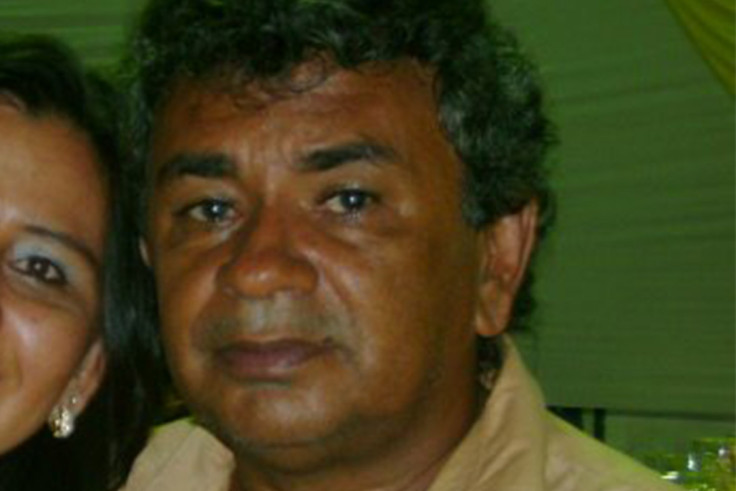Sex, drugs and crash landings: 'Luckiest pilot in the world' recalls 40 years smuggling Amazon gold
Clinger Borges do Vale survived 11 plane crashes but lost three brothers in aviation calamities.

The self declared "luckiest pilot in the world" has recounted the four decades he spent flying gold out of the Amazonian rainforest on tiny makeshift runways.
Clinger Borges do Vale, now retired, survived 11 plane crashes and a cabin fire that claimed two of his passengers. He has also lost three of his brothers to separate aviation disasters.
"Without doubt this is the most dangerous place to fly," he said. "I have lost count of how many of my friends were killed in accidents."
Growing up in Itaituba, deep in central Brazilian rainforest, do Vale claims there "wasn't much of a choice" when it came to thinking about a career.
He could either become a garimpeiro — an illegal gold miner — or a pilot supporting the black market for the rare metal, which is reported to for more of Brazil's exports than drugs.
He and all five of his siblings opted to fly because the life of a garimpeiro was often precarious and rarely prosperous.
The job required him to zip back-and-forth in light aircraft between illicit gold mines deep within the rainforest and Itaituba city airport.
Typically he would take garimpeiros, prostitutes and equipment into the jungle and return to Itaituba with gold. The only catch was that the 'runways' in the forest were often little more than 300m strips of hillside barely cleared of debris.
"I'm the luckiest pilot in the world. Anyone else would be dead," do Vale told The Guardian, reflecting on more than 40 years of catastrophes and near-misses.
The risky work paid handsomely though. At one time the airman owned a house with a pool and a yacht.
"We had parties with tables full of drugs," he said. "I would buy three new cars per year and take bags full of cash when we went on holiday. But it's not like that any more. The good days are over."
Government crackdowns on the garimpeiros mean that business is not what it used to be although do Vale's son and nephew are now both plying the trade, which still accounts for 80% of the traffic at Itaituba airport.
The deathly risks are not confined to poky landing strips in the rainforest: pilots also have to contend with rainfall heavy enough to bring down a plane, forest fires and a perennial lack of fuel.
Recently do Vale's nephew Cleverson crashed into some trees at the edge of the runway. "It was incredibly noisy," he said, remembering the ordeal. "And then it was quiet and I shouted out 'I'm still not dead."
© Copyright IBTimes 2024. All rights reserved.






